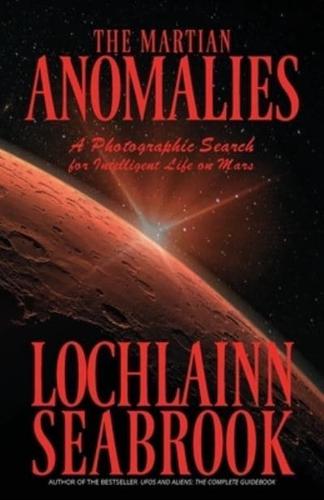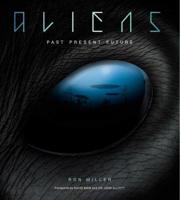Publisher's Synopsis
Has there ever been civilized life on Mars? Conventional scientists say no. But award-winning writer-historian Lochlainn Seabrook, author of the MUFON-approved bestseller UFOs and Aliens: The Complete Guidebook, believes that view is premature and unscientific. To prove his point, he has written The Martian Anomalies, a one-of-a-kind book filled with some 1,000 color images, carefully hand-picked from NASA's massive Mars photo collection. Using these images as his foundation, he takes the reader on a fascinating journey of discovery, examining and discussing the photos in minute detail, each one presenting photographic proof that a sophisticated ancient race may have once called Mars home.
Seabrook's assemblage of cryptic and often eerie NASA photos spans over five decades, and represents some of the most compelling evidence yet of the extraterrestrial Mars theory, made famous by such early astronomers as Elias Colbert, Thomas Dick, Camille Flammarion, Sir William Herschel, Giovanni Schiaparelli, and more particularly Percival Lowell, whose beliefs influenced famous scientists like Nikola Tesla, as well as science fiction writers like H. G. Wells and Edgar Rice Burroughs. Many other noteworthy 19th- and 20th-Century scientists, from Alexander Graham Bell to Albert Einstein, were convinced that there was life on Mars. Were these intellectual giants onto something or were they simply naive? The author lets his readers draw their own conclusion.
If Mars is truly a "barren wasteland," a "cold dead world" that has never been capable of supporting large complex life forms, as mainstream science claims, what about the hundreds of thousands of extraordinary shapes, mysterious objects, and odd items scattered over the Martian surface? Are they natural, as astronomers declare, or artificial, as believers maintain? While establishment space researchers continue to assert that at most only microbes could have ever lived on the Red Planet, using photos taken by mainstream science itself (from cameras mounted on NASA's numerous Mars exploratory vehicles), Seabrook offers highly persuasive documentation that technologically advanced beings might have once lived on Mars. He does not claim they did, nor does he claim that he has irrefutable proof. Taking a position midway between hard-nosed skeptics and noncritical conspiracy theorists, he asks both sides to remain open-minded until the anomalies on Mars can be studied in person by future astrogeologists, astrochemists, and astrobiologists.
Along with 48 chapters of amazing and sometimes shocking Martian images, the author also provides a comprehensive introduction that includes excerpts from an electrifying 1984 U.S. government ESP session with a remote viewer, whose telepathic visit to Mars corroborates many of the photos in this very book. Also included is a chapter dedicated to anomalies on Phobos (one of Mars' two moons), a bibliography, notes, and an informative appendices section featuring Mars fact sheets, a list of natural Martian phenomena, and the CIA's pertinent announcement of its new UFO research group.
If you're interested in science, astronomy, astrophotography, or extraterrestrials, you'll want to own a copy of The Martian Anomalies: A Photographic Search for Intelligent Life on Mars. It will forever alter the way you look at not only the Red Planet, but our solar system, our galaxy, and beyond. Available in paperback and hardcover. (All text copyright (c) Sea Raven Press)











